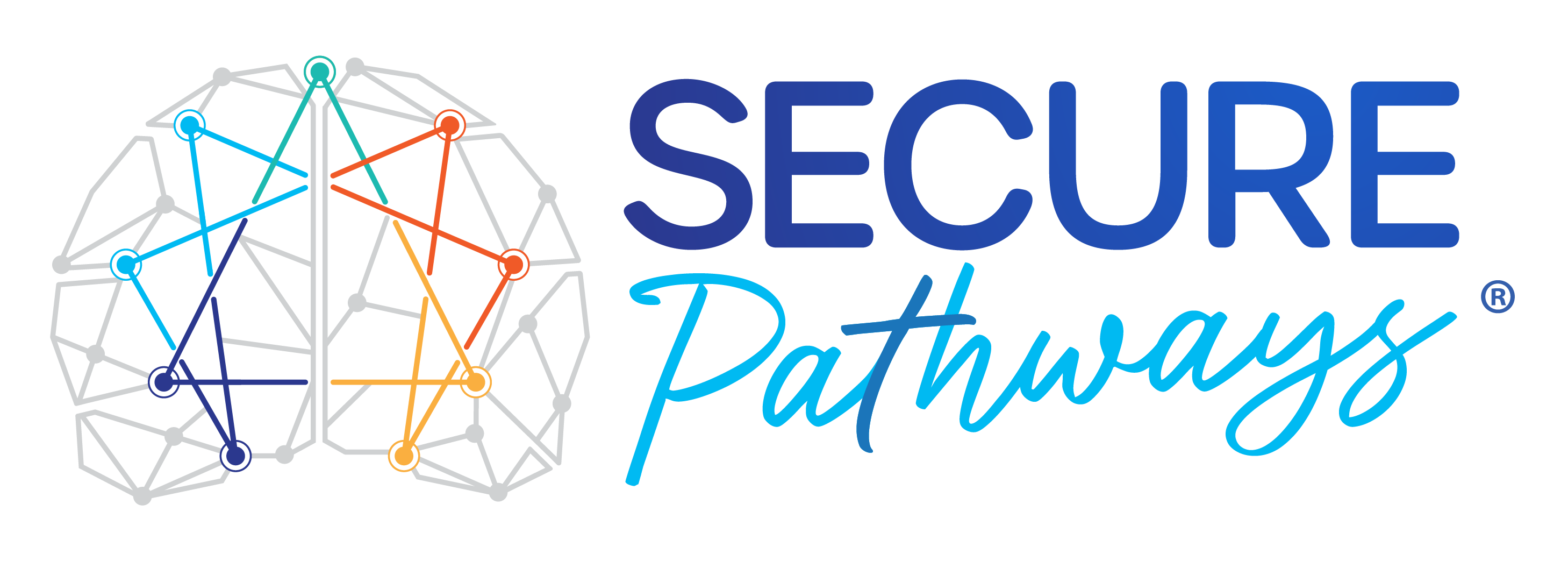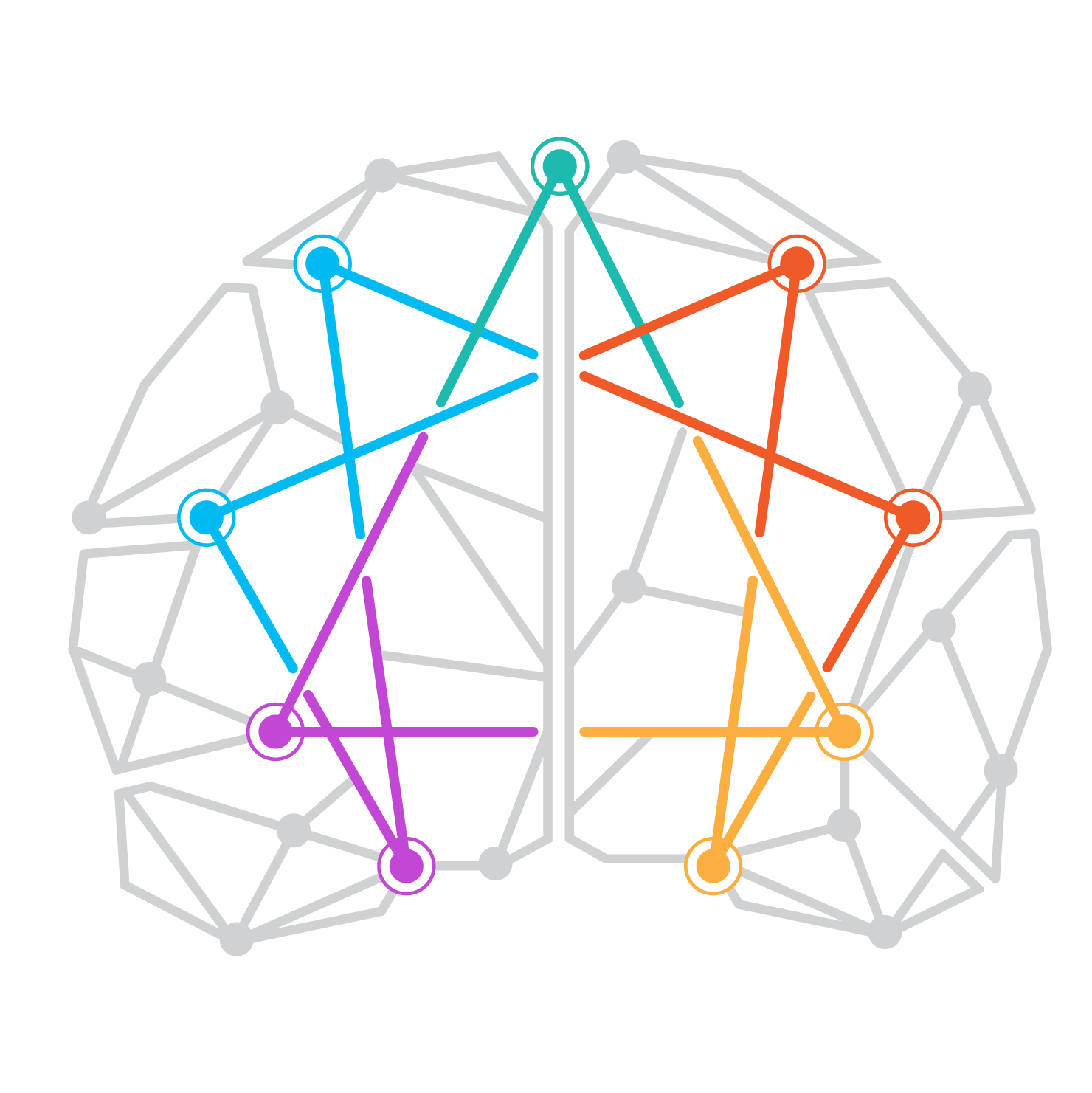Well, folks, I got to practice my own acronym from last week to take SPACE with my emotions. I took my soon-to-be college student to orientation last week and had a Momma moment when I dropped him off at the dorm for 3 days without any contact. I gave him a hug and told him I love him (which he is comfortable with) and then a myriad of emotions hit me as I closed that dorm room door and walked down the hall. I stepped into the restroom to gather my feelings and thoughts…and because I didn’t want to cry in the hallway. I stopped and took some deep breaths [Slow down] and started to identify my emotions [Pay attention and Acknowledge and label]: I was sad to say good-bye and was thinking about leaving him there for good in a little over a month, I was worried that he wouldn’t wake up in time for activities, I was proud that he was trying to meet other incoming freshman and not afraid to initiate conversations, I was encouraged by the environment and sense of community at his college, I was excited to explore the city where his college is located, and I was looking forward to a couple of quiet days to get some work done and rest. All of these feelings occurred in the span of a few minutes. When people have multiple, simultaneous emotions, it can take more time to sort out. Mixed emotions, especially when they feel contradictory, are important to examine. There were reasons for all of my feelings [Consider what was contributing]. I can be sad to say good-bye and also be excited about my freedom. Both of those things can be true. What my emotions were telling me was that I care for and about my son but also that I am ready (as ready as I will be) for him to move on to his next stage. College was a wonderful experience for me and I pray that it will be for my son, too. While I have some concerns about college for him (and what parent doesn’t?), I also want to celebrate all that he has accomplished and all the effort we put into parenting him for 18 years. I want him to know that we are behind him and support him. I took a moment to pray and then connected with my husband [Engage with the Lord and others]. Because I was able to acknowledge my feelings and allow myself to feel them and express them, I was then able to walk out of that bathroom and enjoy my few days of freedom (after wiping a few tears from my eyes). I hope you have been able to practice taking SPACE to sort through your feelings this past week.
As I reflect on my experience with my emotions that day I left my adolescent in the dorm, I also think that my Enneagram type likely contributed to how I reacted. I am good at compartmentalizing my emotions and focusing on what task comes next, so I know that it is important for me to pause my “doing” and be aware of what my emotions might be telling me. Different Enneagram types are prone to have their own approaches to emotions. I do not want to stereotype here because every person is unique but there are probably some patterns that emerge for many people of the same Enneagram type.
How each Enneagram type might experience and view emotions:
Type 1 – May feel a lot of irritation at themselves or things that are not done right. They may not indulge in emotions for more than a short period of time before moving on. Ones often believe that anger itself is bad and try to avoid feeling or expressing it directly, although it may leak out in their comments, attempts to correct or improve, or facial expressions.
Type 2 – May view feelings as the barometer to closeness in relationships. They tend to focus more on other people’s emotions rather than their own. They can be very tuned-in to the feelings of those around them and may try to please others based on the emotions they sense in others.
Type 3 – While 3s have access to emotions, they often compartmentalize so they can move on to the next task and keep moving forward to accomplish their goals. They may also show emotions that they think are acceptable or expected in their current environment rather than what they are truly feeling.
Type 4 – May be “all in” with their own emotions and over-focus on their own experiences, while being comfortable with their own and others’ negative emotions, especially related to sadness, grieving, and melancholy. They may try to draw out other’s reactions and emotions in an attempt to deepen the conversation or connection.
Type 5 – Tend to view emotions as not logical and therefore, as not particularly useful. They can listen to other people talk about their emotions but are not likely to engage in much emotional discussion or sharing. They can provide an objective response or conclusion based on what the other person was saying.
Type 6 – Tend to have a variety of emotions and are emotionally reactive, especially when under stress. Anxiety and fear may be the most common emotions. They have easy access to their emotions but are likely to inhibit their emotions if it could threaten a relationship they rely upon for stability and security or they may be reluctant to express them in front of someone they don’t know well.
Type 7 – Are ready to bring on the joy, excitement, and celebration but will try to distract from the more negative or uncomfortable emotions because they do not want to feel stuck or trapped in those negative feelings. They may have a hard time staying in the emotions of the moment because they are focusing on the anticipation of what will happen in the future. They gravitate toward positive feelings.
Type 8 – May view emotions as a weakness, except for anger. Anger may fuel action but there is likely to be little acknowledgement of vulnerable emotions for themselves or for others. Eights can be emotionally reactive (primarily with anger) and may easily and clearly express their anger or displeasure to others.
Type 9 – May feel frustrated often but may deny emotions that could potentially lead to conflict and disruption of their peace. They may be more aware of and responsive to everyone else’s emotions and may try to help everyone to feel understood while bottling up their own anger or underlying emotions.
Not only does your Enneagram type have some influence on how you experience your emotions, but so does your family of origin (the family you grew up in). How your parents or caregivers handled emotions is most likely how you handle emotions. Emotions your parents tended to avoid or ignore or punish you for are probably the same ones you find challenging. If your parents were uncomfortable with certain negative emotions and did not acknowledge them, you probably have a hard time acknowledging those same feelings because your parents never helped you with those emotions. If your parents did not handle emotions well or help you regulate a variety of emotions, you may need some extra support to improve the emotional expression and regulation of those emotions. This is where an Enneagram coach or a licensed mental health therapist could help you improve your emotional repertoire.
I also want to take a moment to acknowledge that emotions get much more complicated when you have experienced trauma/abuse, neglect, or problematic relationships either as a child or as an adult. Our experiences can also shape what emotions we allow or tolerate and which ones we might block because they are too painful. For people who have experienced trauma and have genuine PTSD symptoms, numbing or dissociation are common. If someone is out of touch with the reactions in their body, it is harder to recognize and label the feelings you are experiencing. Tuning into emotions may seem scary or overwhelming. If you have experienced trauma and are struggling to process and regulate your emotions and have not engaged in therapy before, let me suggest that you find a licensed mental health therapist who specializes in trauma.
Another factor that can contribute to how we approach emotions is the culture we grew up in or in which we live currently. Some cultures put an emphasis on being independent and assertive and speaking your mind. People in that culture may be more comfortable with anger and confrontation. For people that grew up in a culture that values the reputation of the community/family and emphasizes propriety may be more likely to experience guilt and shame if they make a mistake that might reflect poorly on others in your community.
If you are not sure how to label emotions or struggle to understand feelings, please sign-up to receive my FREE Feelings Chart and Tips on How To Use It.
Questions to ponder:
How has knowing your Enneagram type helped you understand your emotions better?
Are there certain emotions that you struggle to regulate/that feel overwhelming to you?
Which emotions did your parents struggle to help you manage? Reflect on whether those are also a struggle for you as an adult.
How has your experience or culture contributed to challenges in addressing your emotions?



